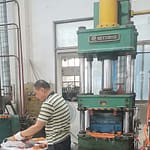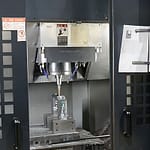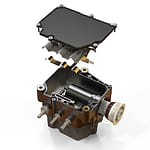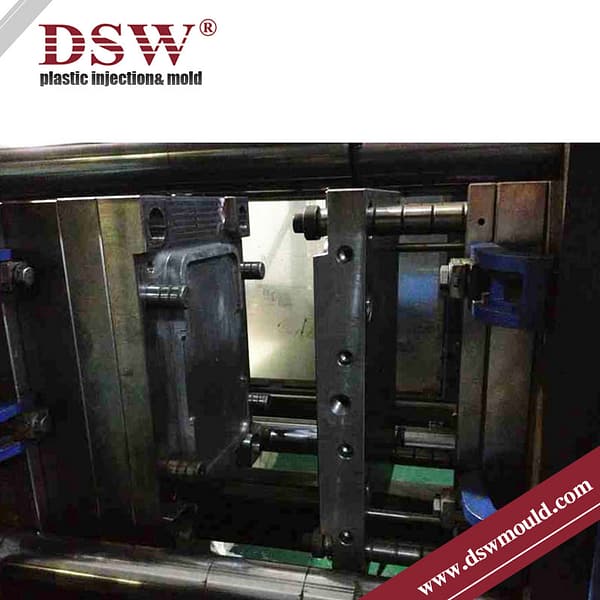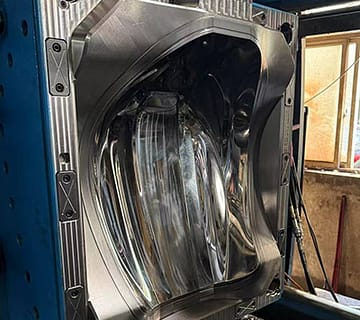Exploring Local vs. Global Injection Molding Suppliers: What You Need to Know
Injection molding is a cornerstone of modern manufacturing, essential for creating diverse products from automotive components to consumer electronics. As a manufacturer or product developer, you might often search for “injection molding near me” to find a convenient and local supplier. However, have you considered the potential advantages of looking beyond your immediate vicinity and exploring global options?
How to Find an Injection Moulding Supplier Near Me
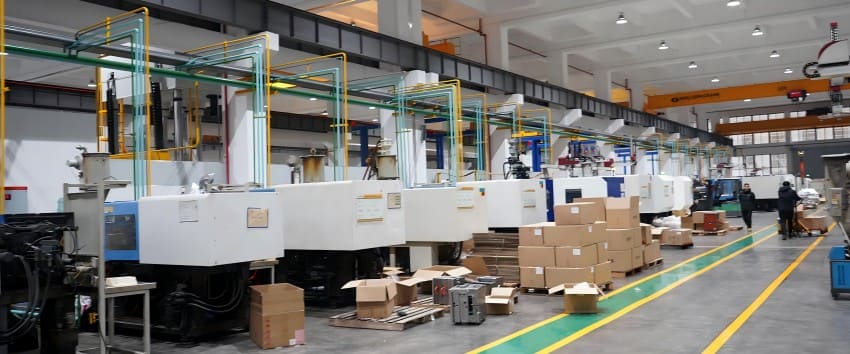
Finding a local injection moulding supplier is key to ensuring smooth collaboration and efficient production. Here are a few steps to help you find the right supplier:
Online Directories and Search Engines: Start by using online directories and search engines to locate injection moulding suppliers in your area. Try using keywords like “injection moulding supplier near me” or “injection moulding company in [your location].” This will help narrow down your options and provide a list of potential suppliers to consider. Be sure to visit their websites for more information about their moulding capabilities, the industries they serve, their certifications or accreditations, and any industry memberships or affiliations they may have.
The Appeal of Injection Molding near me
When considering injection molding suppliers near me, proximity often comes with several benefits that many manufacturers find appealing. Here’s why opting for a molding company near me could be beneficial:
- Operational Efficiency:
- Proximity: Working with a local supplier allows for easier site visits, enabling hands-on involvement in the production process. This close collaboration helps ensure your specific requirements are met and allows for quick adjustments to be made on the production line, thereby maintaining high-quality standards.
- Quick Turnaround: Local suppliers can offer faster response times to design changes or urgent production needs, enhancing agility in product development cycles.
- Effective Communication:
- Ease of Communication: With a local supplier, you minimize the risk of miscommunication, especially in a technically complex field like injection molding. Operating within the same linguistic and cultural context facilitates a better understanding of detailed specifications, reducing the risk of costly misunderstandings.
- Local Expertise: Local suppliers are often well-versed in regional regulatory requirements and industry standards, ensuring a smoother compliance process and potentially faster time to market.
- Risk Management and Community Support:
- Supply Chain Reliability: Choosing a supplier close to your operations can help mitigate risks associated with international shipping delays or global trade disruptions. Local suppliers are also subject to the same legal and regulatory frameworks, providing a layer of accountability and protection.
- Supporting the Local Economy: Partnering with local suppliers can strengthen your community ties and demonstrate corporate social responsibility, a significant factor for many companies today.
Expanding Your Horizons: The Case for Global Suppliers
While local suppliers offer numerous advantages, expanding your search to include global injection molding providers, particularly those in countries like China, can yield significant benefits:
- Cost-Effectiveness:
- Lower Production Costs: Many global suppliers offer competitive pricing due to lower labor costs and economies of scale. For example, injection molding costs in China can be 30-40% lower than in the U.S. or Europe, even after accounting for shipping and import duties.
- High Quality and Expertise:
- Advanced Capabilities: Contrary to outdated stereotypes, many Chinese manufacturers now provide high-quality injection molding services, meeting or exceeding international standards such as ISO 9001. Their expertise in handling complex designs and high-volume orders often surpasses that of local suppliers.
- Experience with Global Standards: Global suppliers often have experience meeting diverse international standards and certifications, ensuring they can handle a wide range of technical requirements and quality assurances.
- Modern Communication and Supply Chain Resilience:
- Seamless Communication: Advances in technology, such as real-time data sharing and video conferencing, have minimized the communication barriers traditionally associated with overseas suppliers. Many now provide transparent, prompt communication that rivals local service.
- Diversified Supply Chain: By considering global suppliers, you can build a more resilient supply chain, reducing reliance on local resources that might be affected by regional disruptions. This diversification helps safeguard against unforeseen events and maintains production continuity.
- Scalability and Capacity:
- Larger Production Capabilities: Many global injection molding suppliers possess extensive facilities and higher production capacities, allowing them to scale up operations quickly to meet large orders or rapid production changes.
Conclusion: Weighing Your Options
When choosing an injection molding supplier, it’s essential to consider both local and global options. Local suppliers offer convenience, quick turnaround, and ease of communication, making them ideal for projects requiring close collaboration and quick adjustments. However, global suppliers can provide cost savings, high quality, and the ability to scale efficiently.
Next time you search for “injection moulding near me,” also remember to explore international suppliers. A broader search could reveal options that offer better pricing, exceptional quality, and enhanced supply chain resilience. Carefully evaluate your specific needs and consider how a diverse supplier base could optimize your manufacturing process.
Find plastic mould supplier near me by exploring additional industry associations related to manufacturing and plastics.
- Association of Rotational Molders (ARM): rotomolding.org – Represents the rotational molding industry, focusing on advancing and educating rotomolding techniques and practices.
- Composites Manufacturers Association (CMA): acmanet.org – An association dedicated to advancing the composites industry, including plastics and other advanced materials.
- European Plastics Converters (EuPC): plasticsconverters.eu – The leading trade association for European plastics converters, promoting the European industry.
- International Molded Fiber Association (IMFA)– Focuses on promoting and supporting molded fiber manufacturing, a sustainable alternative to plastics.
- Biodegradable Products Institute (BPI): bpiworld.org – A trade association promoting the use and production of biodegradable and compostable plastics.
- Plastics Pioneers Association (PPA): plasticspioneers.org – An organization dedicated to preserving the history of the plastics industry and advancing the knowledge of plastics manufacturing.
- European Plastics Recycling Association (EPRA): plasticsrecycling.eu – A European association focused on promoting plastics recycling and improving the sustainability of plastic materials.
- World Plastics Council (WPC): worldplasticscouncil.org – A global association of plastics producers committed to addressing issues related to plastics sustainability and recycling.
- Polymer Alliance Zone (PAZ): pazwv.org – A US-based organization supporting the polymer industry, including manufacturers and suppliers, in the Appalachian region.
- Society of Plastics Industry (SPI): plasticsindustry.org—Now known as the Plastics Industry Association (PLASTICS), it represents the entire plastics industry supply chain and advocates for the industry at a global level.
- Medical Plastics Division of SPE: 4spe.org – A division of the Society of Plastics Engineers dedicated to the advancement of plastics engineering in the medical field.
- European Plastics Converters (EuPC): Represents European plastics processing companies, focusing on the industry’s competitiveness. EuPC
- American Chemistry Council (ACC): Includes a Plastics Division representing leading companies in producing plastic resins. ACC
- Society of Manufacturing Engineers (SME): Provides resources and networking for professionals in manufacturing, including plastics processing. SME
- Composite Fabricators Association (CFA): Focuses on the interests of companies involved in manufacturing composite products, including those utilizing plastic materials. CFA
These associations provide resources, advocacy, and networking opportunities to help advance the manufacturing and plastics industries.

